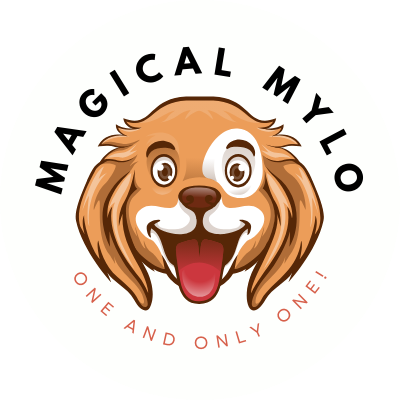+91 8073387610

Is it possible to use Natural remedies to help control worms in dogs?
Do you know that to some extent Natural remedies can be used to help control worms in dogs!
But, while natural remedies may have some benefits, it’s important to note that they are not a substitute for veterinary care and prescribed deworming medications.
Natural remedies can complement conventional treatment, but they should be used under the guidance of a veterinarian.
Here are some natural remedies that may help support your dog’s overall health and potentially help control worms:
Pumpkin Seeds
Pumpkin seeds contain an amino acid called cucurbitacin, which has been suggested to have deworming properties.
However, the effectiveness of pumpkin seeds as a standalone treatment for worms is not well-documented.
Consult with your veterinarian to determine the appropriate dosage and administration.
Diatomaceous Earth
Food-grade diatomaceous earth is composed of the fossilized remains of diatoms and can be used as a natural dewormer.
It is believed to be abrasive to parasites, causing damage to their outer shells. However, the evidence supporting its effectiveness is limited, and it may not be suitable for all types of worms.
Consult your veterinarian before using diatomaceous earth, as it can be harmful if inhaled or ingested in large quantities.
Herbal Remedies
Certain herbs, such as wormwood, black walnut, and cloves, have traditionally been used to help control intestinal parasites.
However, their effectiveness and safety for dogs vary, and incorrect dosages or use may result in toxicity.
It is crucial to consult with a veterinarian or a holistic veterinarian experienced in herbal medicine to determine the appropriate herbs, dosages, and administration methods for your dog.
Probiotics
Probiotics can help promote a healthy gut flora, which may indirectly support your dog’s immune system and digestive health.
While probiotics are not a direct deworming remedy, they can contribute to overall intestinal health and potentially aid in combating worms.
Consult your veterinarian for recommendations on suitable probiotic supplements for your dog.
Remember, natural remedies should always be used under veterinary guidance, and their effectiveness may vary based on the type and severity of the worm infestation.
It’s important to maintain regular veterinary check-ups, adhere to prescribed deworming protocols, and consult with a professional for personalized advice based on your dog’s specific situation.








